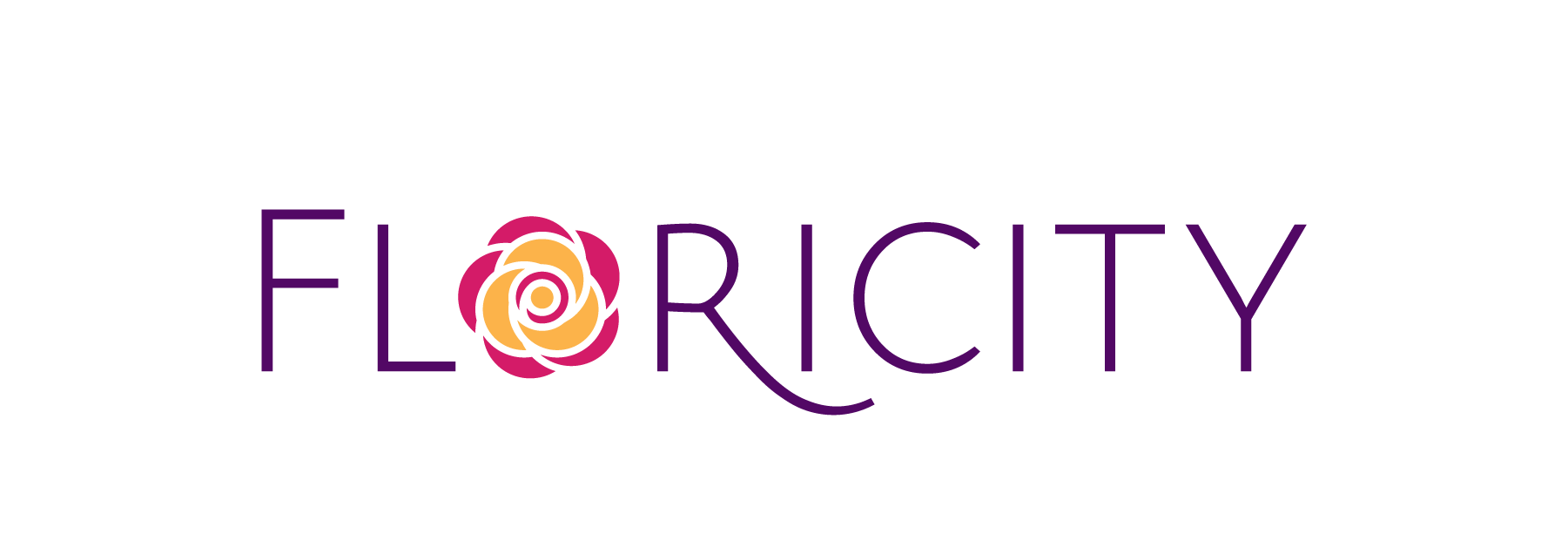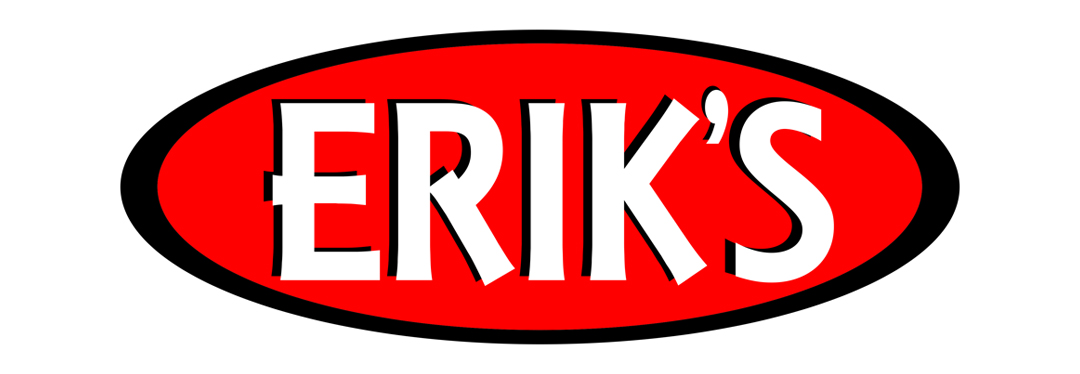Still Making Music
Still Making Music
September 7th, 2016 | Rob Kelly
In his 30 years as a trumpet player, David Cooper had never gone more than three days in a row without playing—a strict regimen that helped him maintain his embouchure—the coordination of lips, tongue, oral cavity and facial muscles needed to play this physically demanding instrument. That changed in 2014.
He noticed a pea-sized swelling on his neck and decided to have it checked out. A biopsy determined it to be squamous cell carcinoma in one of his lymph nodes. The biopsy was followed by several surgeries to remove other lymph nodes as a precaution.
His treatment plan also called for six weeks of concurrent radiation and chemotherapy. He completed the radiation treatments but had to discontinue the chemotherapy due to an allergic reaction.
Given his career as a trumpet player with the Madison Symphony Orchestra and the Wisconsin Chamber Orchestra and associate professor of trumpet at the University of Wisconsin–Platteville, the radiation treatments posed special challenges for Dr. Randy Kimple, radiation oncologist in the Department of Human Oncology at the University of Wisconsin School of Medicine and Public Health.
“Dr. Kimple was very aware of my career as a musician and told me that the radiation would come close to an area that could affect my hearing. We were both really concerned about that, and he did a great job of figuring out how to treat me in the right places without affecting my hearing,” Cooper says.
Recovery from treatment was slow, due in part to an infection that occurred after having his wisdom teeth removed and damage to the jaw bone caused by insufficient blood flow and possibly from the radiation treatments. “Recovery was the toughest thing I’ve ever done in my life,” Cooper says. “I pretty much had to take an entire year off from my career, and of that year I felt like I was in bed for six months.”
Cooper lost some salivary gland function as a result of the radiation, which has resulted in chronic dry mouth. “At first, the dry mouth was a real hardship,” Cooper says. “I didn’t know exactly how to handle it, but I figured out ways to deal with it. When I perform, I discretely take sips of water every few minutes. Most people don’t even notice.”
From a technical standpoint, Cooper’s playing remains unaffected by the cancer, the treatments and the months without practice. Nevertheless, the experience has changed his playing—and his life—for the better.
“As a musician, I was very driven, very competitive, very focused, and I often put my career before family and friends to try to continue to improve and excel. That was my existence until two years ago,” Cooper says. “I’m still a musician. I still enjoy playing and writing and all that, but it’s no longer my highest priority. It’s just one of the things I do, rather than the thing that defines me. I’ve given much more time to my daughter, my wife, family and friends. It’s been fascinating and wonderful to have them comment on how different I am. ‘The new Dave,’ they keep saying. Every time I hear it, even two years out, it kind of chokes me up.”
Cooper’s musician friends have also noticed improvements in his playing. “They say I sound more liberated and play with more confidence and lyricism and with less angst from trying to prove myself,” Cooper says.
It’s the kind of praise that Cooper used to live for. Now, he’s happy to hear it, but it doesn’t hold the significance it once did. “It’s kind of ironic. Now that I don’t need the praise, I get the praise.”
Two years after his diagnosis, Cooper’s scans are clear and his prognosis is good. Once again, he’s enjoying an active lifestyle. This summer he completed a couple of 100-mile bike rides and will participate in the 100-route of The Ride in support of cancer research at the University of Wisconsin.
“Everybody I had contact with at the UW Carbone Cancer Center was first-rate and a joy to be with. I’m happy to do whatever I can to support them, and help advance cancer research. I hope The Ride is a tremendous success.”
Donate to The Ride and support cancer research at the University of Wisconsin.




















